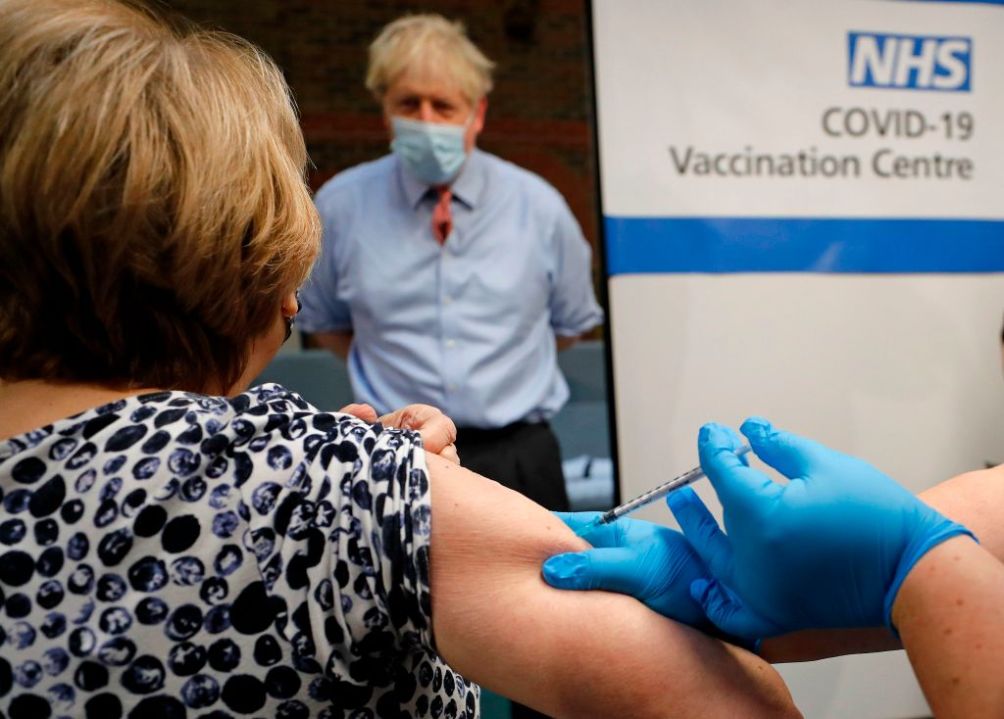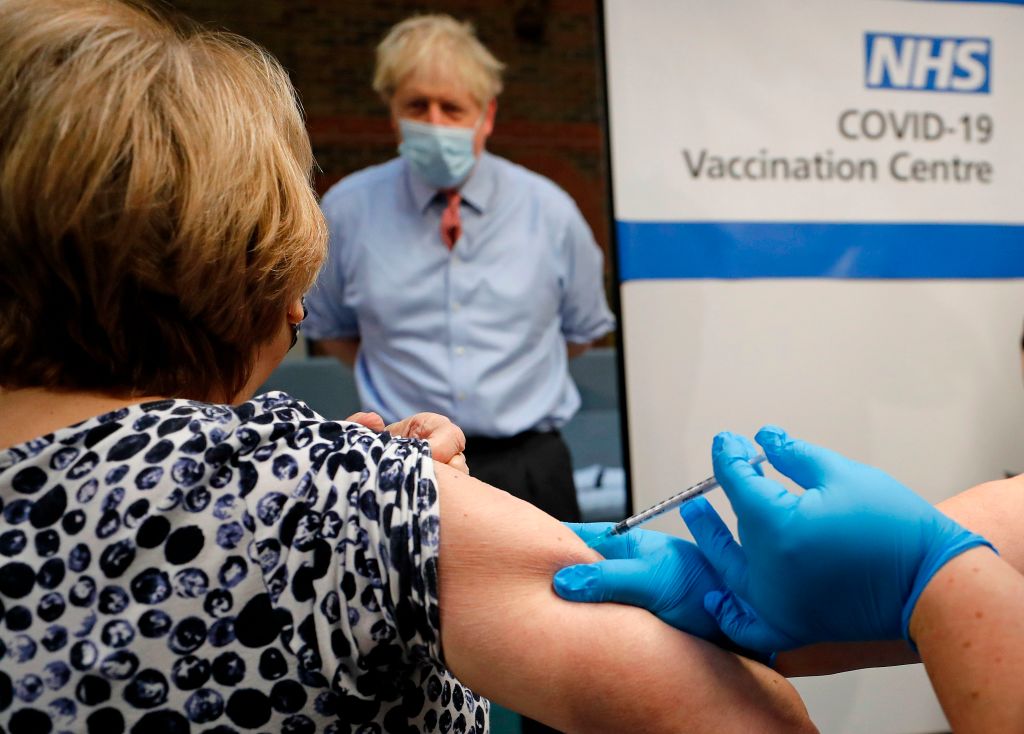How likely are you to be reinfected with the SARS-CoV-2 virus for a second time? It is a pertinent question because, at present, all government policy is predicated on the assumption that developing Covid-19 cannot be relied upon to offer you any immunity from reinfection whatsoever. Remember the Prime Minister telling us from his Number 10 flat, where he was incarcerated for 10 days after being ‘pinged’ by NHS Test and Trace, that it didn’t matter that he had already had the disease and must be ‘bursting with antibodies’ – he had to do his duty and self-isolate nonetheless? Not only are we forcing previous sufferers from Covid-19 to self-isolate just in case they have managed to catch it a second time, we are also administering the Pfizer vaccine regardless of whether someone has had the virus or not.
In April, the government briefly dabbled with the idea of ‘Immunity passports’ which would allow people who had suffered from the disease once to return to normal life – Matt Hancock said he had a ‘strong interest’ in the idea, funnily enough on the day he returned to work after contracting the disease himself.
Acquiring antibodies through infection with Covid-19 seems to offer a level of immunity similar to that of the Pfizer vaccine
But it never got further than an idea – and since then government ministers and scientific advisers have tended to say there is evidence that you can be reinfected. So there it is, yet there are remarkably few recorded examples of it happening. A reinfection tracker maintained by the Dutch news agency BNO News has traced 31 cases. In two of those cases the patient died – an 89 year old Dutch woman who was reinfected while undergoing chemotherapy and a 74 year old Israeli man who was found to have contracted a different strain of the virus second time around.
Now, however, we have the first controlled study which attempts to quantify the risk of reinfection with the SARS-Cov-2 virus. It is published in the New England Journal of medicine.
An Oxford University Hospitals team tested 12,591 healthcare workers for the presence of antibodies to the virus and then followed them up with regular PCR tests over 31 weeks to see if they become infected. Of the 12,591 tested initially, 1,265 were found to have antibodies to the virus and 11,364 were found to have none. Of the former group, two returned positive PCR tests over the following 31 weeks, neither of whom developed symptoms of Covid-19. Of the latter group, 223 returned positive PCR tests, of whom 100 were asymptomatic and 123 symptomatic.
For those who had tested positive for antibodies initially, it equated to 0.13 infections per 10,000 days at risk. For those who tested negative for antibodies, there were 1.09 infections for every 10,000 days at risk – roughly 10 times as many. In other words, acquiring antibodies through infection with Covid-19 seems to offer a level of immunity similar to that of the Pfizer vaccine, which phase 3 tests have found to be 95 per cent effective at preventing infection with Covid-19.
It raises the question, with limited supplies of vaccine, limited healthcare staff and a raging second wave of the epidemic – a race between ‘injection and infection’, as some have described it – why are we not prioritising those who have not yet had the disease? A significant proportion of the population has had the disease and so should have a good immunity to further infection. A survey by the ONS in May suggested that 6.78 per cent of the population had antibodies indicating prior infection, rising to 17 per cent in London. Imperial College’s REACT study in October estimated that the proportion of people with antibodies had waned since the first wave was now down to 4.4 per cent. But then antibodies are not the only form of immunity – there is T Cell immunity, too. Add these to the number of people who have been exposed to the virus during the second wave and Philip Thomas, Professor of Risk Management at Bristol University recently estimated here that up to 30 per cent of the UK population could have effective immunity to Covid-19.
The problem would lie in identifying exactly who had immunity and who did not – rather than test people for antibodies it would be simpler and cheaper just to give them the vaccine. We do, however, know the identity of the 2.4 million people in England and Wales who have previously tested positive for Covid-19 in PCR tests. A targeted strategy, to make fullest use of the vaccine available, would push these people further down the priority list.








Comments